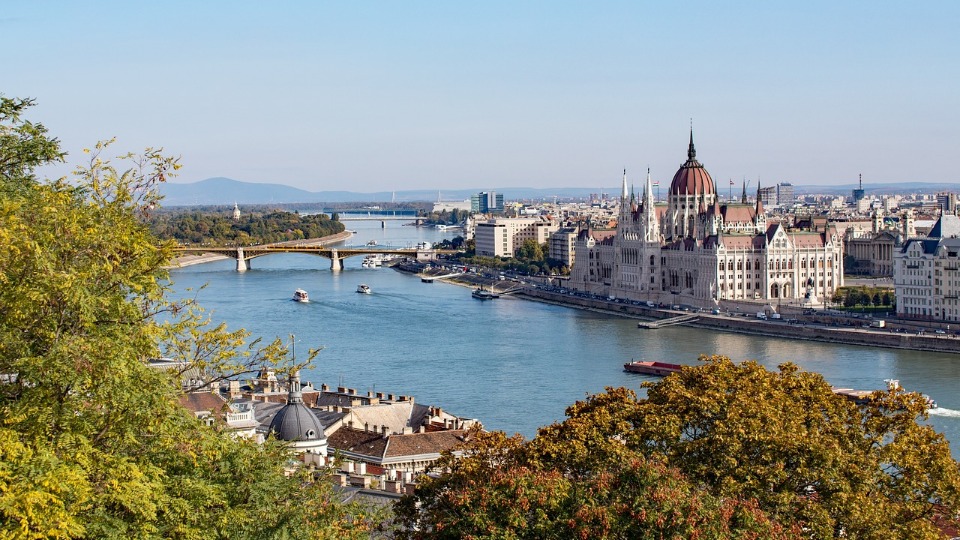
A drug-resistant bacteria was discovered on the Rio beaches
Travel Health

According to the local media, on the Copacabana and Ipanema beaches in Rio de Janeiro, Brazil, there was identified a drug-resistant bacteria named Klebsiella pneumoniae carbapenem
Water samples were collected from beaches since 2014, but the test results were obtained only now.
Two studies have revealed that five beaches—Copacabana, Ipanema, Leblon, Botafogo and Flamengo—and Rio de Janeiro’s Rodrigo de Freitas lagoon were conected to the superbug bacteria, Reuters reported. Five scientists consulted by Reuters said the immediate risk to people’s health when faced with the bacteria infection depends on the state of their immune systems.
More, according to a press release issued by Brazilian researchers, the bacteria can cause diseases of the respiratory and urinary systems and can even result in death of the patient.
Renata Picao, professor at Rio’s federal university and the main researcher of the beach study, told Reuters the contamination of Rio’s famous beaches was the result of a lack of basic sanitation: “These bacteria should not be present in these waters. They should not be present in the sea.”
Another researcher declared that the bacteria genes discovered in the Olympic lagoon were probably not harmful if swallowed by themselves: “Those genes are like candy. They are organic molecules and they’ll be eaten up by other bacteria, other organisms,” Harwood said. “That’s where the danger is – if a person then ingests that infected organism – because it will make it through their gastrointestinal tract and potentially make someone ill.”
Water samples were collected from beaches since 2014, but the test results were obtained only now.
Two studies have revealed that five beaches—Copacabana, Ipanema, Leblon, Botafogo and Flamengo—and Rio de Janeiro’s Rodrigo de Freitas lagoon were conected to the superbug bacteria, Reuters reported. Five scientists consulted by Reuters said the immediate risk to people’s health when faced with the bacteria infection depends on the state of their immune systems.
More, according to a press release issued by Brazilian researchers, the bacteria can cause diseases of the respiratory and urinary systems and can even result in death of the patient.
Renata Picao, professor at Rio’s federal university and the main researcher of the beach study, told Reuters the contamination of Rio’s famous beaches was the result of a lack of basic sanitation: “These bacteria should not be present in these waters. They should not be present in the sea.”
Another researcher declared that the bacteria genes discovered in the Olympic lagoon were probably not harmful if swallowed by themselves: “Those genes are like candy. They are organic molecules and they’ll be eaten up by other bacteria, other organisms,” Harwood said. “That’s where the danger is – if a person then ingests that infected organism – because it will make it through their gastrointestinal tract and potentially make someone ill.”








